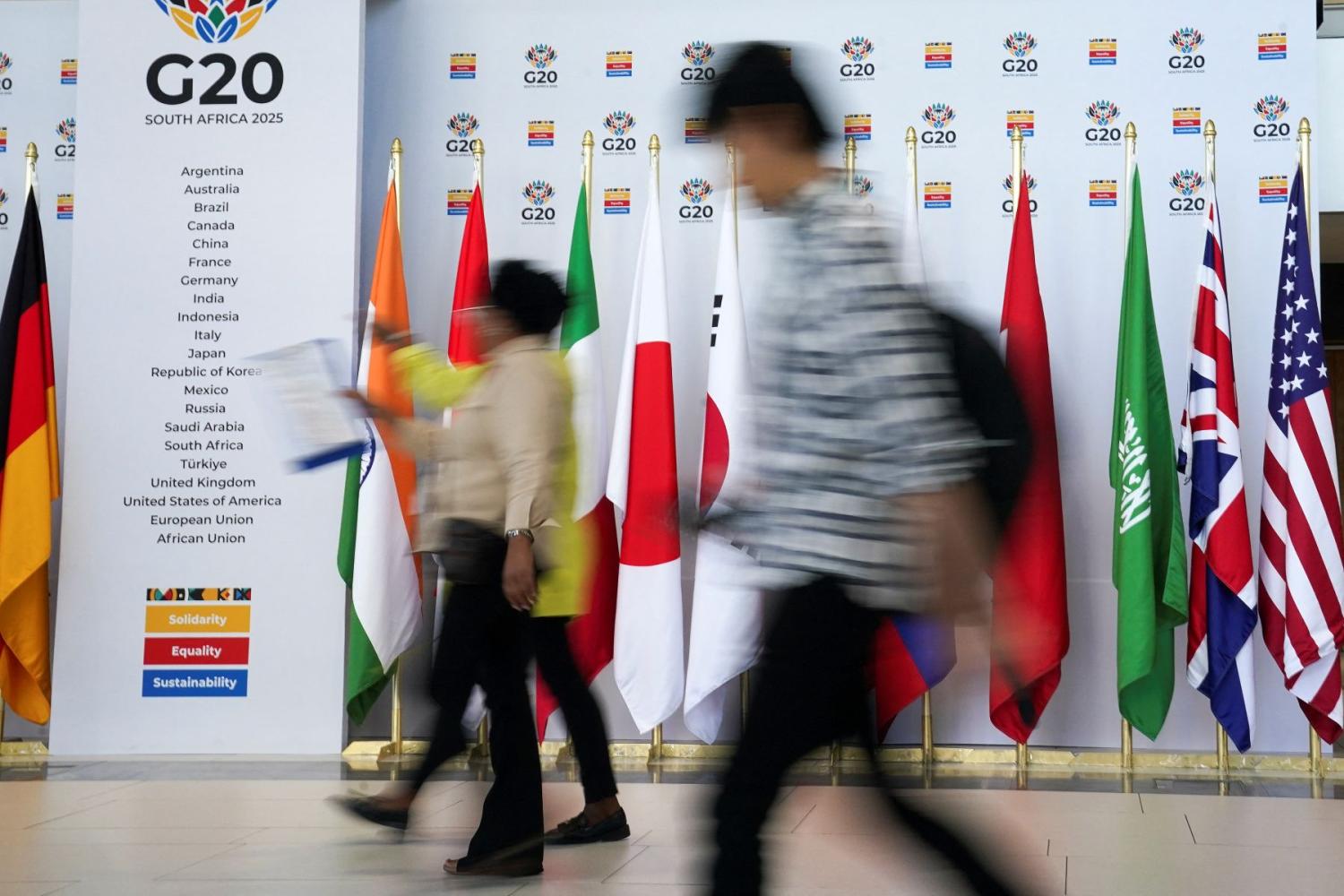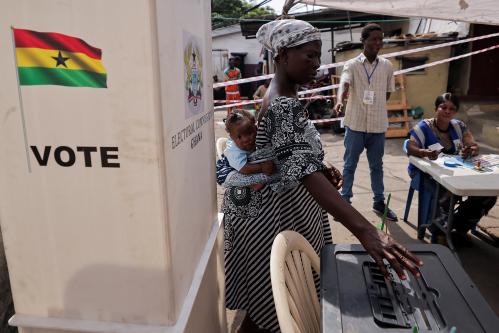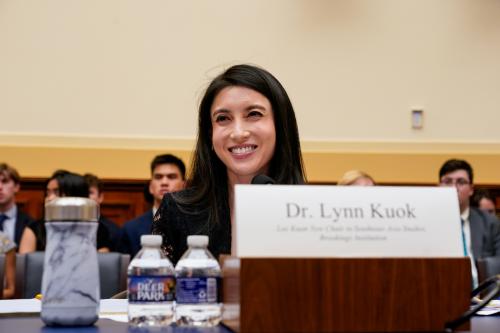Executive summary
The Group of Twenty (G20) has held summits every year since the global financial crisis (GFC) of 2008 with the agenda evolving in response to shifts in the global economy, systemic challenges, and geopolitics. The G20 presidency of South Africa this year marks the end of a full rotation of the hosting function among all 19 countries of the G20. This milestone presents an opportune moment to reflect on the historical trajectory of this global economic governance body, assess its strengths and achievements, examine its challenges and limitations, and propose improvements for the future.
Over the years, many observers have criticized G20 summits as mere “talk shops” and for not moving decisively from crisis response to proactive global governance. While there are areas for improvement, a review of the G20’s evolution highlights a remarkable transformation. From an ad hoc response to the GFC, it has evolved into a central pillar of international cooperation—shaping global trajectories across finance, economics, technology, health, climate, and society. After 18 years of experience, involving tens of thousands of politicians, policymakers, and societal leaders throughout each year, the G20 has demonstrated that it is indeed “fit for purpose” at this crucial moment of competing perspectives on the global future.
Indeed, the world is undergoing one of the most profound transformations in global economic relations and facing the greatest test of international governance since World War II. In this context, the G20 has proven to be an indispensable platform—not only through its annual leaders’ summits but also through its multilayered, yearlong process involving ministers, sherpas, senior officials, and civil society leaders across a wide range of sectors. Its ability to convene nations with vastly different cultures, interests, and perspectives—and to keep them at the table despite tensions, rivalries, or even war—is one of its greatest strengths. The G20 serves as a vital arena where global governance plays out in real time amid deep uncertainty and geopolitical strain.
Despite its past success, there is room to enhance the G20’s effectiveness and impact. Key areas for improvement include strengthening personal dynamics among leaders; enhancing continuity and sustained engagement; improving public communication and domestic outreach; and restoring public confidence in leadership and markets. To bolster its credibility, the G20 should also revisit practices from its most effective years—particularly the use of action-oriented communiqués with clear timelines. Reinstating this approach would help translate consensus into concrete outcomes and reinforce trust in the G20’s ability to make meaningful progress on economic cooperation and global challenges.
The Brookings Institution is committed to quality, independence, and impact.
We are supported by a diverse array of funders. In line with our values and policies, each Brookings publication represents the sole views of its author(s).






